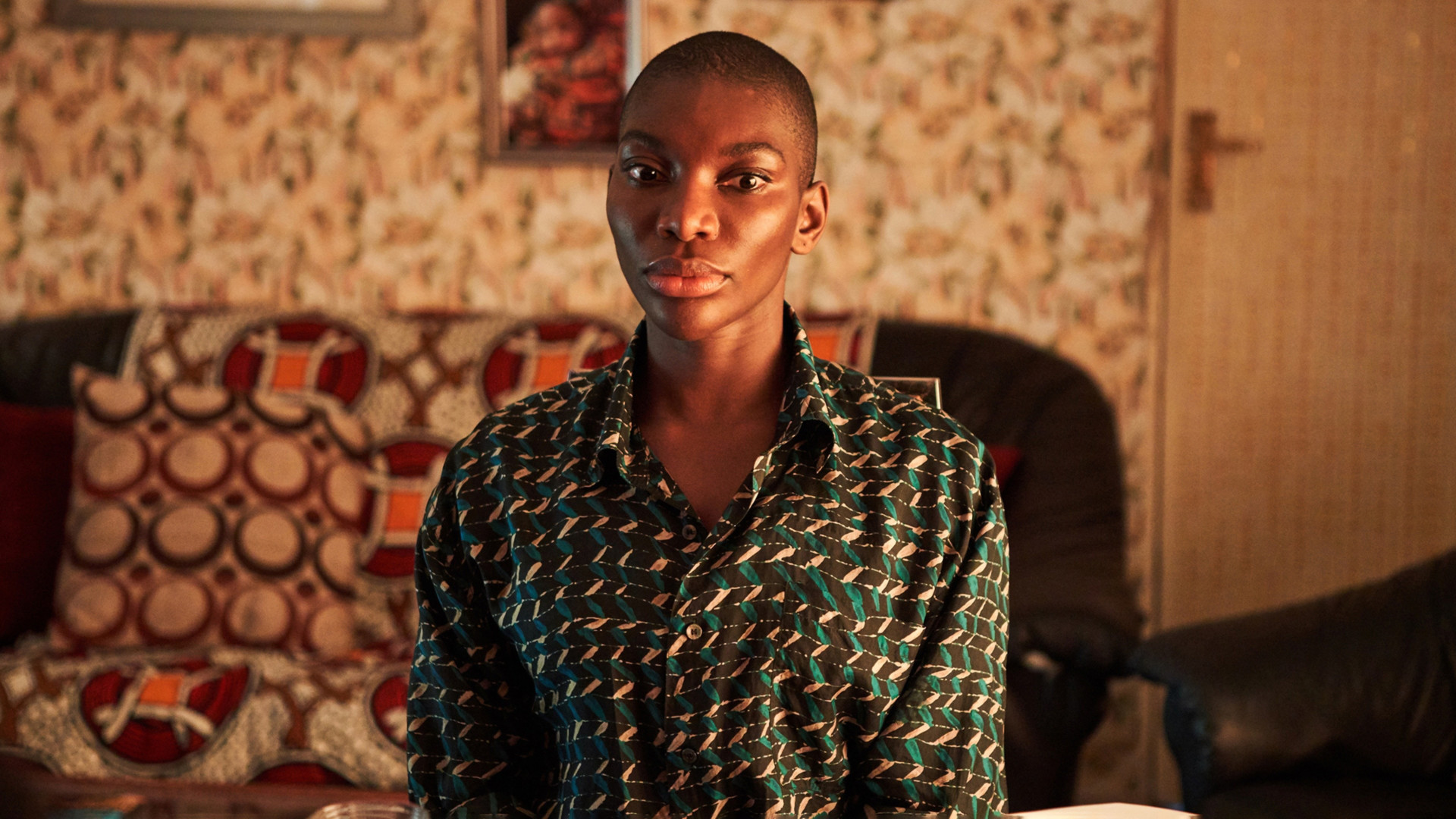
What’s more, entering the character’s world that we’re watching onscreen as if it were our own is the most pedestrian approach to film analysis one can take. 1 But utilizing flashbacks to tell a story onscreen is a very old tactic, and we are trained to recognize it when it happens even if the character herself doesn’t. Reviews of the show have noted that we’re watching something fundamentally new in this narrative about sexual assault.
#Sarah niles i may destroy you movie
What’s unique about the aftermath of Bella’s assault is her insistence on her memories appearing as if she’s watching a movie on a screen. So I watch Bella’s face like I’m streaming a reaction video, waiting for her to realize what we already know: that the rapist met the camera’s gaze. We, the audience, know that we’re watching Bella’s memories. So Funmi gives Bella a short lesson in film analysis, explaining visual perspective and angles of sight, and asking questions that I would ask students taking a course in film semiotics: Where is the camera in relation to the subjects in the shot? Who is looking at whom? Where is the audience placed in the scene?īella learns about her assault because Funmi asks her to pay attention to where the subject is looking. As Funmi asks her about her friends and their whereabouts during the assault, Bella balks at the term assault, proposing that perhaps the movie she sees doesn’t involve her and refusing to see herself as a victim. The question is posed to her by a sympathetic detective, Officer Funmi (Sarah Niles), who is able to recognize in Bella’s description of her flashbacks what is clearly a brutal sexual assault. “Who’s he looking at?” is the question that breaks Arabella’s composure at the police station. The next morning she finds herself at her computer in the literary agents’ office, bruised and bleeding, with no idea how she made it back and just shards of memory from the night before. Simon takes Arabella along to a bar, Ego Death, where her drink is spiked. On a writing break, Arabella meets up with a friend, Simon (Aml Ameen), who is hatching schemes to manage his infidelity. She is trying to do so while negotiating with her polite but extremely frustrated literary agents and while avoiding any contact with her publishing house, which has paid her a handsome advance for a book that still doesn’t exist.

We’ve learned so far that she is trying to replicate the runaway success of her first book, Chronicles of a Fed-Up Millennial. Until this moment, we’ve mostly been watching a show about a young writer who is rapidly approaching a writing deadline for her second book project. That off-screen body is presumably Bella’s, since she is the only character whose point of view we’ve had access to so far in the episode, and of course, it is her memory that we’re watching. The camera is trained on his dead-eyed stare as he looks down on the body he is thrusting into.

The audience is given brief flashes of this memory (or “thing in her head,” as she refers to it), where we see a young white man (Lewis Reeves) in a dress shirt towering over the camera in a medium close-up, violently thrusting and grunting down toward the floor of a bathroom stall. While she is unclear about where this violation occurred or who is involved, she goes to the cops, because this movie in her head won’t stop playing. This messy knot first unravels at the police station where the protagonist, Arabella, arrives after piecing together her fractured memories of the night before, which include an inexplicably persistent flashback of a man assaulting someone. The show, in short, explores how sexual violation is entangled in relations of visuality. For survivors of sexual assault, however, these scenes reveal the fundamental disorientation that occurs in the midst of violation, in the very moments when we might disassociate or freeze in the realization that we’re watching something go horribly wrong but can’t seem to stop it, when it feels like we’re in someone else’s movie. While the narrative moves from one jarring experience of sexual assault to another, the real horror comes from contemplating the reality that we don’t know the answers to our most personal questions: What is sexual pleasure and what is violation? For the characters on the show, the boundaries between these terms are constantly shifting, despite their best attempts at following their desires.
#Sarah niles i may destroy you full
Michaela Coel’s new drama, I May Destroy You, is full of shocking revelations for Arabella (Coel) and her friends Terry (Weruche Opia) and Kwame (Paapa Essiedu), as they navigate the messy emotional fallout of surviving sexual assault and live with the toll it takes on their most intimate relationships.


 0 kommentar(er)
0 kommentar(er)
